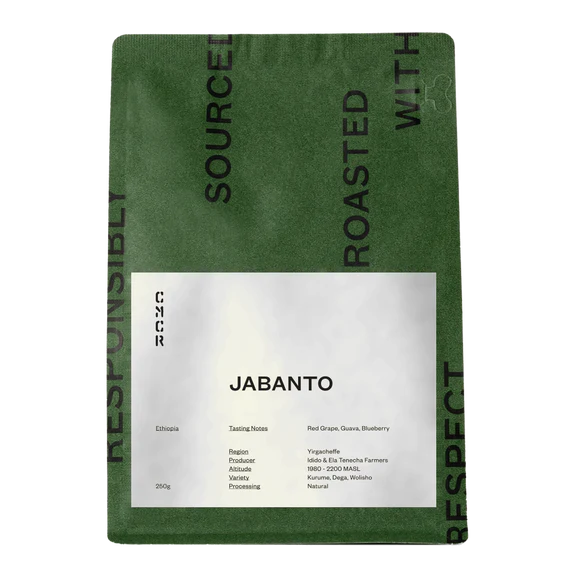
About this Coffee
From 2008 till 2017, most Ethiopian coffees weren’t best recognised for their transparency. The long-winded value chain and complex local coffee market policies meant small-scale farmers had little to no chance of trading independently on national or international markets.
The Ethiopian Commodities Exchange (ECX) was a government-initiated organisation in 2008. The goal was to centralise warehousing and regulate coffee trading. Although it could inform farmers of market rates daily and the best times to sell their coffee, it was inevitably a monopoly that prevented farmers from creating their own trading relationships.
Uncertain quality, transparency, and traceability were all distinctive shortcomings of this system. In 2017, the Ethiopian coffee industry underwent reform and diminished its policies, and instead, an open market and quality-focused approach could flourish. As a result, producers, exporters, coffee traders and roasters could benefit from new-found traceability and develop relationships with farmers. One critical policy change allowed smallholders to practice direct and international trade with tax exemption.
Despite the promising changes, there are still factors that hinder Ethiopian farmers from utilising these new opportunities. Considerable challenges include lack of trade knowledge, resources, networks, financial support, and logistics. In addition, especially for smallholders, it’s less economically feasible or affordable to operate a coffee exporting business purely financed by their smaller farms and production.